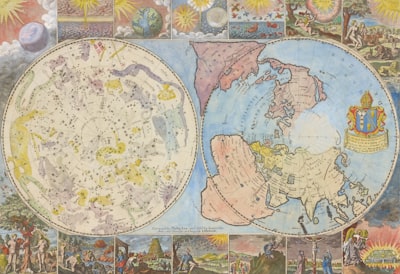When we look at a world map, we tend to treat its borders as immutable, as permanent as mountain ranges. History whispers otherwise. Political frontiers are among the most restless lines drawn by humankind, ever susceptible to ambitions, fears, and the unpredictable tides of human leadership.
Consider this: Between the fall of the Berlin Wall in 1989 and today, Europe alone has seen the birth of more than a dozen new nations and the redrawing of countless boundaries, often painted in heartbreak. The notion of a leader eyeing new territory—sometimes with appetite, sometimes with anxious calculation—is as old as civilization itself.
But here’s a twist: what if we imagined borders as living things, always breathing, always shifting, reflecting not only power but changing ideas about nationhood? Why should the biggest threat to borders come solely from invasion, and not from more peaceful, grassroots movements for autonomy—from Scotland to Catalonia, Quebec to Kurdistan?
What if, instead of fearing only tanks and aircraft, we paid equal attention to the quieter efforts: ballots, referendums, and digital communities creating invisible, cross-border allegiances? In an era of instant global connection, perhaps the next great transformation won't arrive via columns of troops, but by subtle waves of cultural and technological change that outmaneuver force altogether.
For every headline bracing us for invasion, there are a dozen unsung stories reshaping borders in ways both creative and quietly profound. What other unexpected forces might redraw the map before our eyes?
This article was inspired by the headline: ''It's possible' Putin will invade more than Ukraine, says Donald Trump'.

Comments
No comments yet. Be the first to comment!